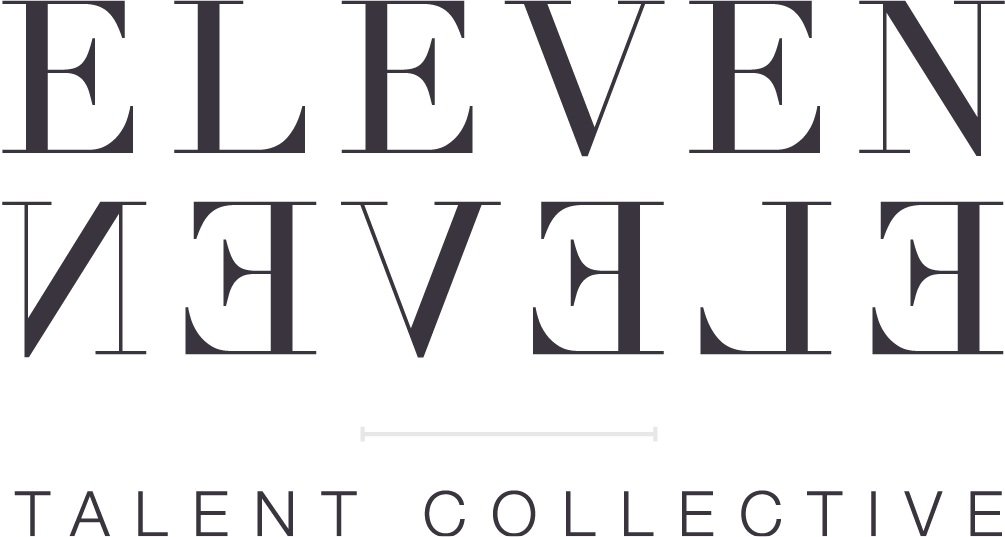Honouring the National Day for Truth & Reconciliation
September 30th marks the National Day for Truth & Reconciliation here in Canada. Today is a day for reflection and education. It is a day to recognize and learn about the history of the land that is now called Canada. It is a day to honour the memory of lost children, family, lives and culture to horrific colonial practices, and the part that Residential Schools played in all of it.
Today we are asking our community, that alongside us, you take a moment to reflect on this history and listen to, uplift and learn from Indigenous voices. We invite you to take part even if you do not live within unceded territories, it’s important to know the issues around the need for such a day, since one way or another, what affects one of us, affects all of us.
To support you on this day, we have compiled a list of resources and ways in which you can make the most of the National Day for Truth & Reconciliation.
1. Educate Yourself on Decolonization
Decolonization is the process of deconstructing colonial ideologies of the superiority and privilege of Western thought and approaches. Decolonization involves valuing and revitalizing Indigenous knowledge and approaches, and weeding out Western biases or assumptions that have impacted Indigenous ways of being.
You can read more on decolonization here.
2. Listen to and Uplift Indigenous Voices
Uplifting and listening to Indigenous voices is of the utmost importance when it comes to decolonization. Here are some resources that you can watch, read and share with your community.
Watch
Decolonization is For Everyone – Nikki Sanchez Ted Talk
Wawahte Documentary – Stories of Residential School Survivors
Indigenous Women and the Story of Canada – Sarah Robinson – The Walrus Talks
Read
21 Things You May Not Know About The Indian Act
Unreconciled – Family, Truth & Indigenous Resistance
Follow
@nikkilaes founder of @decolonizetogether
3. Learn About Whose Land You’re On
Over the past few years, Land Acknowledgements have risen in popularity among businesses and organizations – a good thing! – but in some instances have become a formal “check box” and very much a part of meeting agendas, causing the impact, meaning and understanding behind them to lose their fervor. Our goal is to take a step back and refocus on the importance of Land Acknowledgements and the WHY behind them.
Download our complimentary PDF resource here in collaboration with Nikki Sanchez to learn about Land Acknowledgements and guidelines to creating your own.
4. Purchase an Orange Shirt & Discover Local Events in Your Community
Take it upon yourself to research local events and resources that are being offered in your community on September 30 and beyond, and mark your calendar. You can find some events listed here.
Don’t forget to wear your Orange Shirt – you can avoid big box stores and support one of these Indigenous businesses…
Note: many places are already low on stock, so don’t delay getting yours!
5. Donate When Able
We understand that not everyone is able to donate to these organizations, and if that is the case, please encourage your community to do so if they are able – every little bit counts.
If you are able and looking to donate, these organizations are a great place to start:
Although the National Day for Truth & Reconciliation comes around only once a year, we strongly encourage you to continue these actions year-round. Reconciliation does not happen overnight – we all have a part to play.
We hope you found the above resources useful to your learning journey. Share this post with friends and family and be sure to seek out additional resources on your own too!

